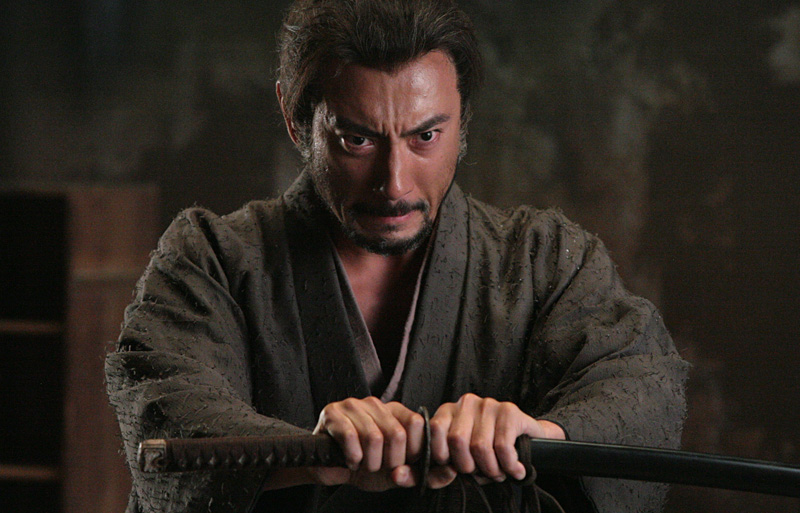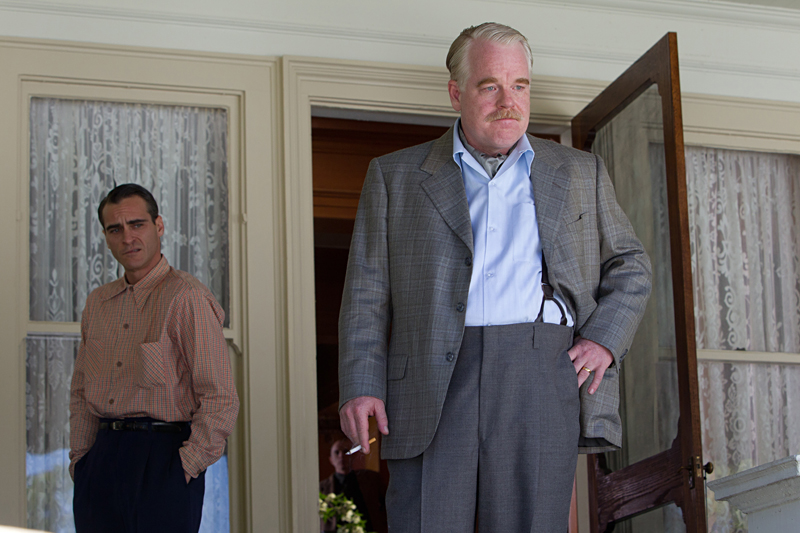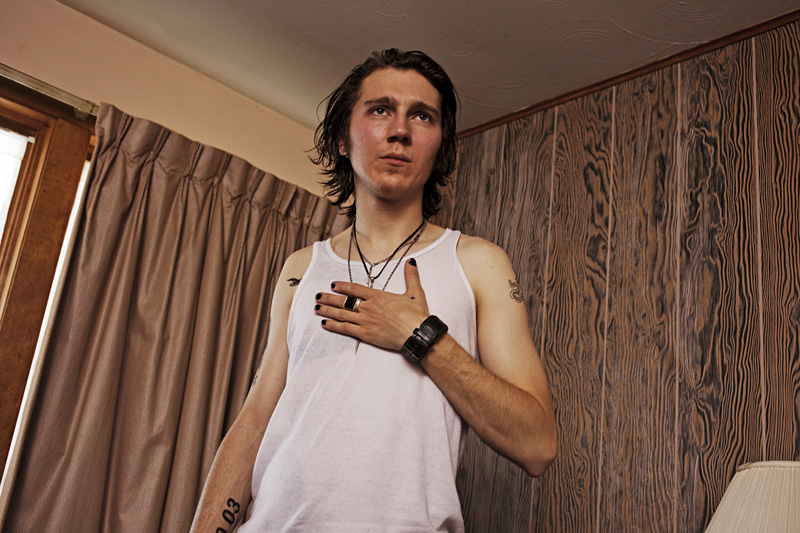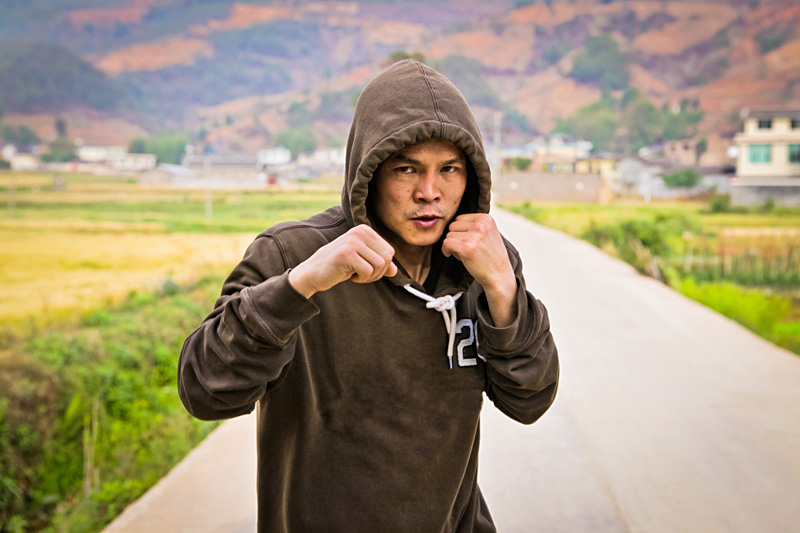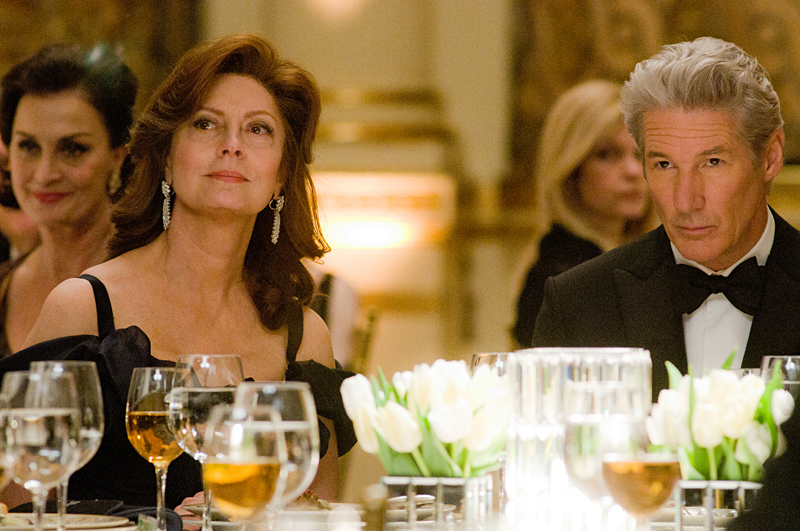The transformation might be complete: The crap-and-gore, genre-mincing Tasmanian devil of Asian pulp psychosis, Takashi Miike, whom we’ve come to know and kinda semi-love since 1999’s Audition, seems now to have finished evolving into a tasteful, even resonant arthouse master. It has taken him only 50 movies or so. Hara-Kiri is more than just another bid for respectability, like 13 Assassins, and it may well be Miike’s best film—a patient, ominous piece of epic storytelling that conscientiously rips the scabs off honorable-samurai mythology. Readapting Yasuhiko Takiguchi’s novel (Masaki Kobayashi had an international hit with it in 1962), Miike takes on the portentous shogunate territory of Mizoguchi and Kurosawa with authority; architecture dictates composition, and iconography speaks for itself. In a feudal lord’s palace, news comes from the gate that an unemployed samurai wishes to perform seppuku in the estate courtyard. “Another one,” the head honcho (Kôji Yakusho) grumbles, already apparently weary of “suicide bluffs.” The would-be gut-cutter (Ebizô Ichikawa) has hidden agendas, not the least of which is to confront the heartless neocon samurai ethos head-on. Miike’s movie is filthy with moments of grace, from the rain that slowly turns to snowfall as bad news looms to the climactic, torrential one-against-many anti-battle. Japan’s own fifth-gear Tarantino engine, Miike salutes golden-age Japanese cinema the right way—by respecting its heart and celebrating its iconic dazzle. In fact, his detour away from the hyperactive gore and genre excess that made him famous, by way of this deep-dish morality tale, feels positively heroic. (Screened in 3-D.)
Hara-Kiri: Death of a Samurai: Impressive Swordplay in 3-D
